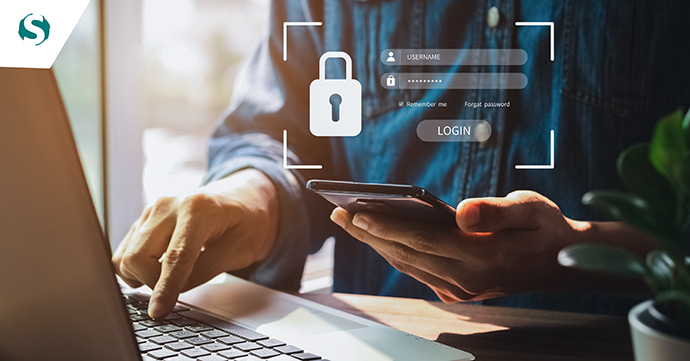Data Privacy - for increased internet security
January 28, 2020

WHAT IS THE PURPOSE OF DATA PROTECTION REGULATION?
Data Protection and the Online Privacy Guarantee law is scheduled to be in effect on 28 January. This law was created in 2006 to sensitize the community regarding online security, the best way to protect our information and to better understand how large companies use data they collect about users and their actions in this digital environment. From knowing who to serve which ads, to understand their consumption habits, tastes and ways of relating, everything can be discovered, followed, monitored, and these are the most "harmless" agents.
WHICH PERSONAL DATA IDENTIFIES AN INDIVIDUAL AND APPLIES FOR AUTHORIZATION FOR STORAGE AND TREATMENT?
- - Personal information
- - Sexuality
- - Ethnicity
- - Behavior
- - Height, weight, age
- - Health problems
- - Beliefs
- - Preferences
- - Financial
- - Professionals
- - Criminal history
- - Relatives
- - Other information
THE REALITY OF PRIVACY POLICY IN PORTUGAL
Unfortunately, there are also bad intentions. In Portugal, the number of cyber-attacks showed an upward trend and between January and September 2016, there were 248 thousand cases of computer fraud situations reported, which, according to some media channels, would represent an increase of 20% compared to the previous year. The criminal police is the responsible body for the report on the Analysis of Participated Crime, which studies the evolution of these data in the national territory.
WHAT IS THE AIM OF DATA PROTECTION?
The main goal is to spread a new awareness about Internet Privacy and Information Security in the digital universe. Every year, experts give important guidelines for companies and users to follow, to help prevent exposure of personal information, which is the main target of hackers around the world.
HOW TO BE ALWAYS DIGITALLY CONNECTED AND KEEP YOUR PERSONAL DATA SECURED
- # 1 - One way to browse the Internet safely is: to not follow links. If you want to access your Bank account, for example, enter the URL manually and always confirm that you are at the right address before performing any operation where you are asked to enter personal data.
- # 2 - Protecting personal data involves having strong passwords. With improbable combinations and that are not kept in folders called "password" on the computer itself. Most people use similar keywords and hackers usually attempt to run them all until they get it right. From the classic "1234576" to the "password" or the "name + date of birth" these are the most common passwords that will be the first to be tested. It is not worth making their job easy.
- # 3 - Prevention is the best rule and when it comes to the privacy of our data. Placing a square of post-it notes or a strip of tape on your computer's camera will prevent any system from infiltrating and film without you being aware of what is happening.
- # 4 - Shut down your computer when you do not want to be watched on what you do online. Logging out of social networks and not saving data in the browser, are steps that offer you more safety of privacy on the Internet. Do not access websites that request your data with any network. The permissions we give when accessing a public Wi-Fi network cannot be easily changed. The best option is to avoid doing so, managing the most sensitive materials only on secure networks.
With Sysmatch's IT Consulting Solutions, your company may have implemented an Information Security System, thus guaranteeing principles such as integrity, availability, and confidentiality.
Popular Articles
RPG/AS400: How this technology keeps up with digital advancements
Essential skills for functional analysts
The secret weapon of IT projects: How Business Analysts drive success
COBOL in 2025: Legacy or Opportunity?
Majorana 1 - A new milestone in quantum computing
The role of the Business Analyst in digital transformation
